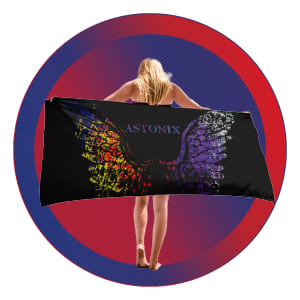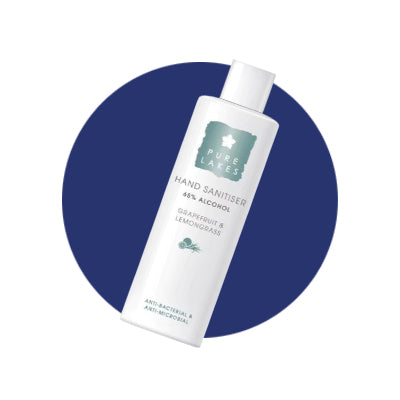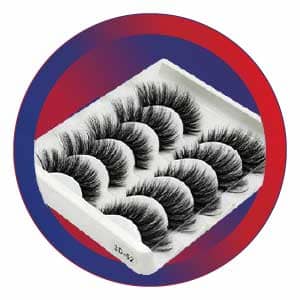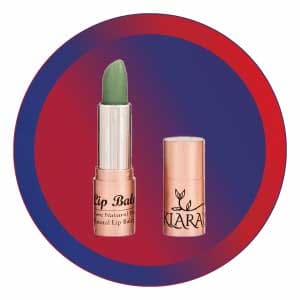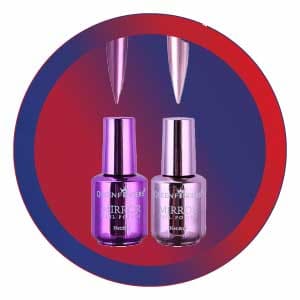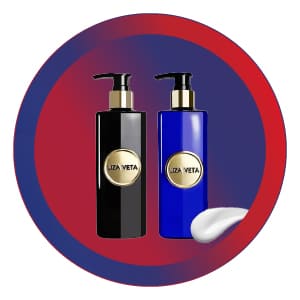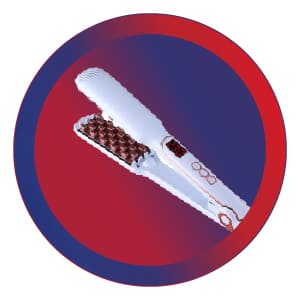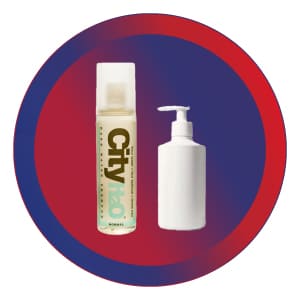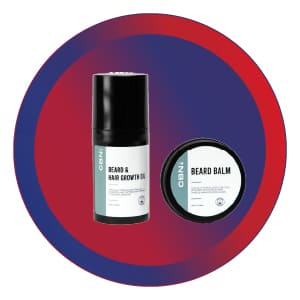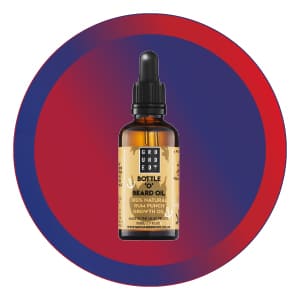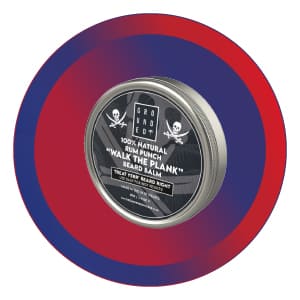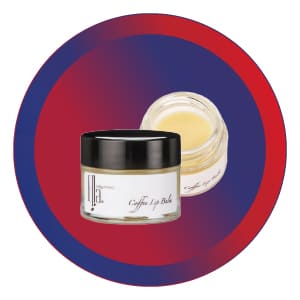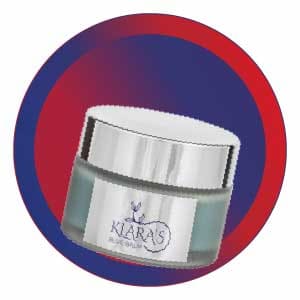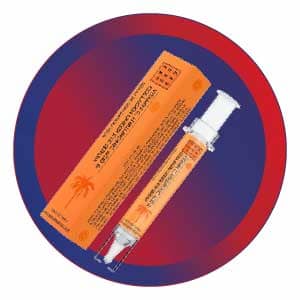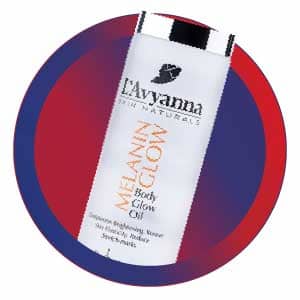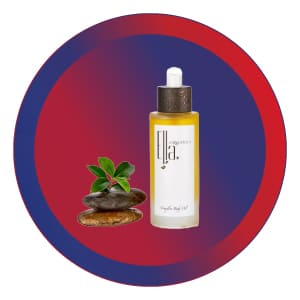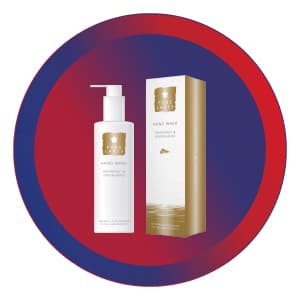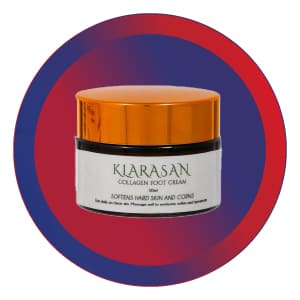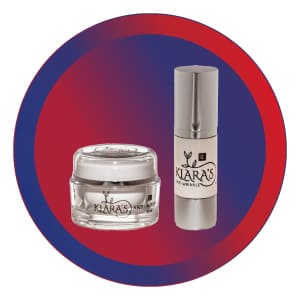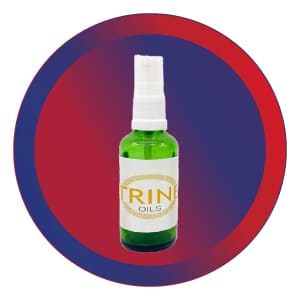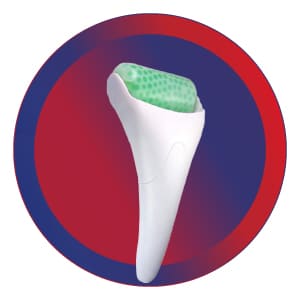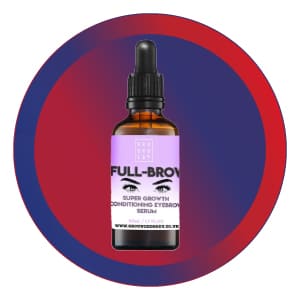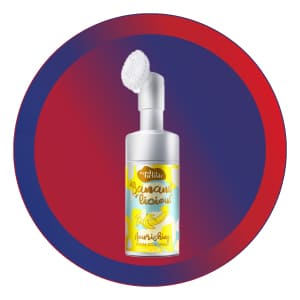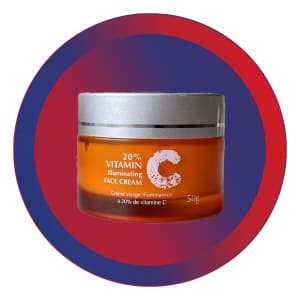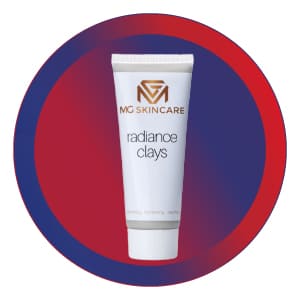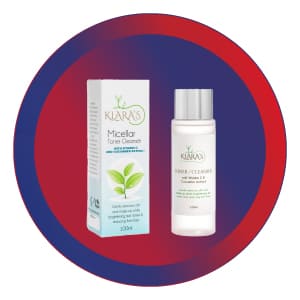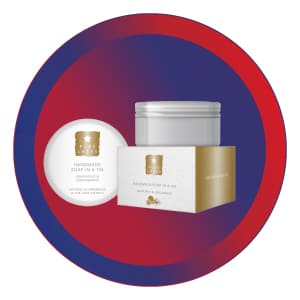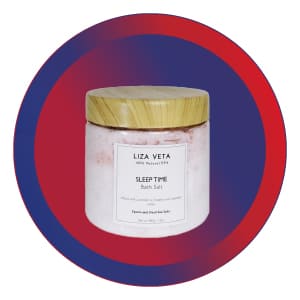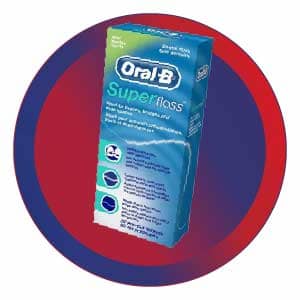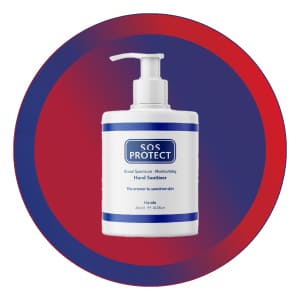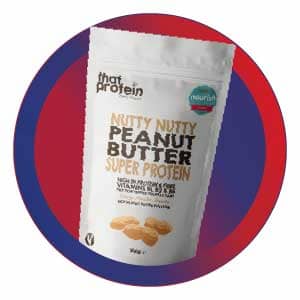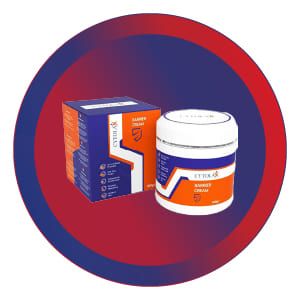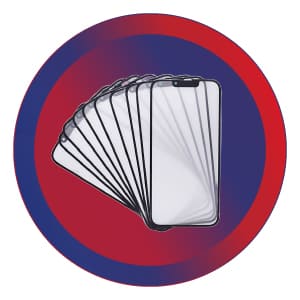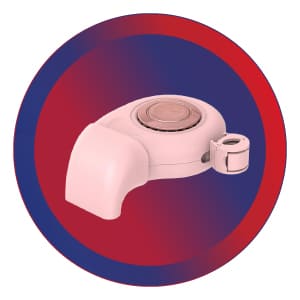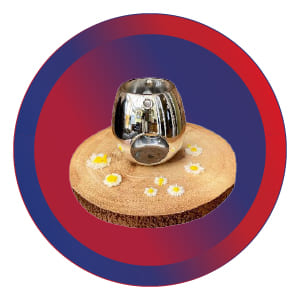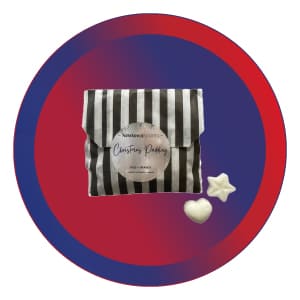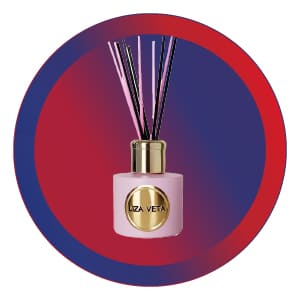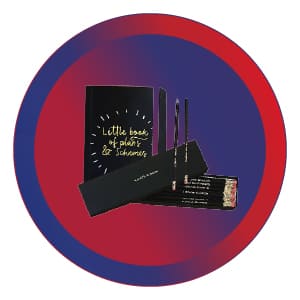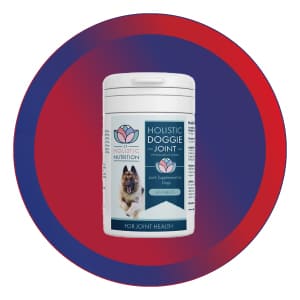
How often should I moisturise my face?
Maintaining proper facial moisture is one of the most important things you can do for your skin. Our faces are exposed to numerous environmental aggressors every day like sun, wind, and temperature changes that can strip away natural oils and hydration.
When skin becomes dehydrated, it loses its ability to function as an effective protective barrier. This leaves it vulnerable to damage, premature aging signs, and various skin issues. Regular moisturization helps counteract these effects by replenishing lost moisture. Some key benefits of keeping your face well-hydrated include:
- Improved barrier function: As mentioned, hydrated skin acts as a stronger shield against external assaults. It prevents toxins, pollutants, and bacteria from penetrating into deeper layers.
- Reduced signs of ageing: Fine lines, wrinkles, and loss of elasticity are all accelerated by dry, dehydrated skin. Moisturizer works to replenish collagen and restore a youthful firmness and glow.
- Prevention of conditions: Issues like eczema, dermatitis, and acne can potentially be avoided or better managed with proper facial moisturization. Dry skin is more prone to flaking and cracking which disrupts the skin microbiome.
- Overall skin health: Adequate hydration supports cell turnover, waste removal, and your skin's natural repair processes. It leaves complexion looking radiant and healthy versus dull or flaky.
Clearly, moisturizing is a pivotal part of any effective skincare routine. But how often should you be applying it? And does the frequency change depending on your individual skin type or needs? Let's explore the ideal moisturizing routine.
Why Moisturizing Matters:
Maintaining facial moisture is crucial for overall skin health and appearance. A well-moisturized face offers numerous benefits, including improved hydration, enhanced barrier function, and prevention of common skin issues. By replenishing moisture, you can combat dryness, flakiness, and irritation, while also promoting a youthful and supple complexion.
Finding Your Moisturizing Routine:
Determining how often you should moisturize your face depends on various factors, such as your skin type, environmental conditions, and personal preferences. Let's address some common questions to help you establish an effective routine:
Should I moisturize at night?
Absolutely! Nighttime is an ideal opportunity to provide your skin with a nourishing boost. Applying a moisturizer before bed helps replenish lost moisture and aids in the skin's natural repair process, resulting in a refreshed and rejuvenated complexion in the morning.
Should you moisturize before bed?
Yes, moisturizing before bed is highly recommended. It allows the moisturizer to work its magic overnight, locking in hydration and promoting skin regeneration. Wake up to a revitalized and glowing face by incorporating this simple step into your nightly skincare routine.
How often should you moisturize your body?
While this article primarily focuses on facial moisturization, it's worth mentioning that your body also benefits from regular hydration. Aim to moisturize your body at least once a day, preferably after showering or bathing, to maintain soft and supple skin.
Is it enough to moisturize your face once a day?
For most individuals, moisturizing your face once a day is sufficient. However, if you have particularly dry or dehydrated skin, you may benefit from applying moisturizer twice daily. Pay attention to your skin's needs and adjust your routine accordingly.
How often should I moisturize my face if I have oily skin?
Contrary to popular belief, even oily skin requires moisturization. However, the frequency and choice of moisturizer may differ. Opt for lightweight, oil-free formulas and moisturize your face once or twice a day, depending on your skin's specific requirements.
Moisturizing According to Skin Type: Dry, Oily, Combination & Sensitive Skin
Dry Skin
- Moisturize both morning and night
- Consider additional moisturizing during the day if needed
- Look for rich creams or ointments containing ceramides, hyaluronic acid, glycerin
Oily Skin
- Once-daily moisturizing is usually sufficient
- Apply after cleansing at night or in the morning
- Use gel or lotion textures without oils that won't clog pores
Combination Skin
- Moisturize oily T-zone once daily and drier areas twice daily
- Opt for oil-free, non-comedogenic gels or lotions
- Pat product onto problem areas rather than rubbing
Sensitive Skin
- Fragrance-free is best to avoid irritation
- Moisturize as needed based on tolerance; start with once daily
- Look for calming ingredients like aloe, allantoin, chamomile
Avoiding Excessive Moisturization: Can You Over-Moisturize?
While moisturizing is important, it's possible to use too much of a good thing. It’s better not to over moisturize your face as over-moisturizing occurs when skin is unable to properly regulate oil production on its own due to an excess of topical hydrators. Signs you may be over moisturizing includes:
- Breakouts or clogged pores from too many occlusive ingredients
- Shiny, greasy appearance throughout the day
- Feeling tight after application wears off instead of nourished
To avoid this, assess your skin's hydration levels and only apply as needed. Less is sometimes more with moisturizers. Also look for lighter textures if you're prone to over-moisturizing. And discontinue use if you notice adverse reactions like irritation or congestion developing.
Understanding Moisturizer Components: Humectants, Occlusives, Emollients
The right combination of these three components is key for an effective moisturizer:
- Humectants: Humectants attract and retain moisture from the environment, helping to hydrate the skin. Common humectants include hyaluronic acid, glycerin, and aloe vera.
- Occlusives: Occlusives create a protective barrier on the skin's surface, preventing moisture loss. Examples of occlusives include petrolatum, shea butter, and beeswax.
- Emollients: Emollients smooth and soften the skin, enhancing its texture and appearance. Ingredients like jojoba oil, squalane, and cocoa butter act as emollients.
Together they work synergistically to hydrate skin in multiple ways. Humectants draw moisture in while occlusives lock it into the skin barrier and emollients replenish natural oils. Refer more details on moisturiser ingredients and pick the best for your skin here.
Look for formulas containing a balance of all three for optimally nourished skin. For more nourishment inducing moisturisers you can skim through our collection of selected moisturisers.
Applying moisturizer correctly can maximize its benefits. Consider the following techniques:
Should You Pat or Rub?
When applying moisturizer, it's best to gently pat it onto skin rather than rubbing vigorously. Rubbing can cause unnecessary friction and disruption of the skin surface we've worked to nourish and protect.
How should skin feel after moisturizing?
Skin should feel soft, smooth, and hydrated after applying moisturizer versus tight, dry, or flaky.
Should my face be shiny after moisturizer?
A slight dewiness is normal, but excessive shine may mean over-application or use of an occlusive product not suited for your skin type.
How do I know if my face moisturizer is working?
Signs include supple, bouncy skin without tightness or flaking. Fine lines and wrinkles may also appear temporarily plumped. Over time, you should see an overall improvement in skin clarity, tone, and reduction of ageing signs.
Key takeaway:
In summary, regular moisturization is one of the best things you can do for your skin. Most experts recommend applying a face moisturizer twice daily. However, adjust the frequency based on your individual skin type and needs - those with dry skin may need more frequent application. Look for formulas containing humectants, occlusives and emollients to hydrate skin effectively. And remember to gently pat moisturizer onto your face rather than rubbing for best results. With a tailored moisturizing routine, you can maintain optimal skin hydration and a healthy, youthful complexion.
Commonly Asked Question:
How often do I need to moisturize to avoid dry skin completely?
To avoid dry skin, moisturize daily, ideally after bathing when your skin is damp to lock in moisture. Adjust based on your skin's needs – in drier climates, you might need more frequent application. Use a quality moisturizer that suits your skin type and consider factors like age and weather.
Does moisturizer reduce acne?
Moisturizer can help manage acne by maintaining your skin's natural balance. Opt for non-comedogenic, oil-free moisturizers that won't clog pores. While it won't directly treat acne, keeping your skin hydrated and balanced can minimize irritation and redness, supporting overall skin health and potentially reducing breakouts.
Is moisturizing face 3 times a day too much?
Moisturizing your face three times a day might be excessive for most people. Over-moisturizing can lead to clogged pores and an oily complexion. Twice a day, morning and night, is generally sufficient. Adjust based on your skin type, the climate, and your skin's needs to avoid overhydration or dryness.















































































